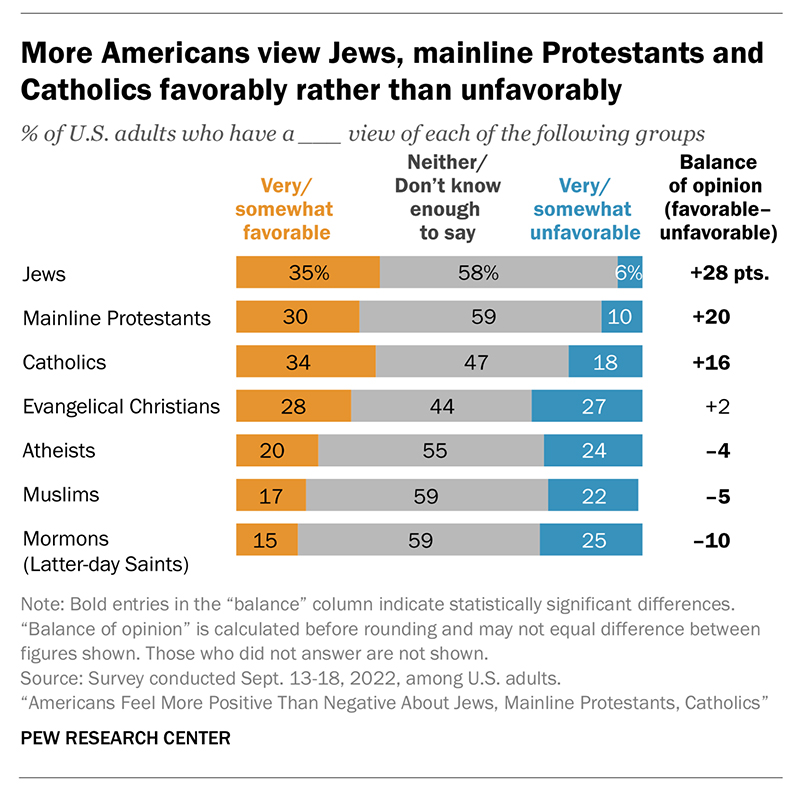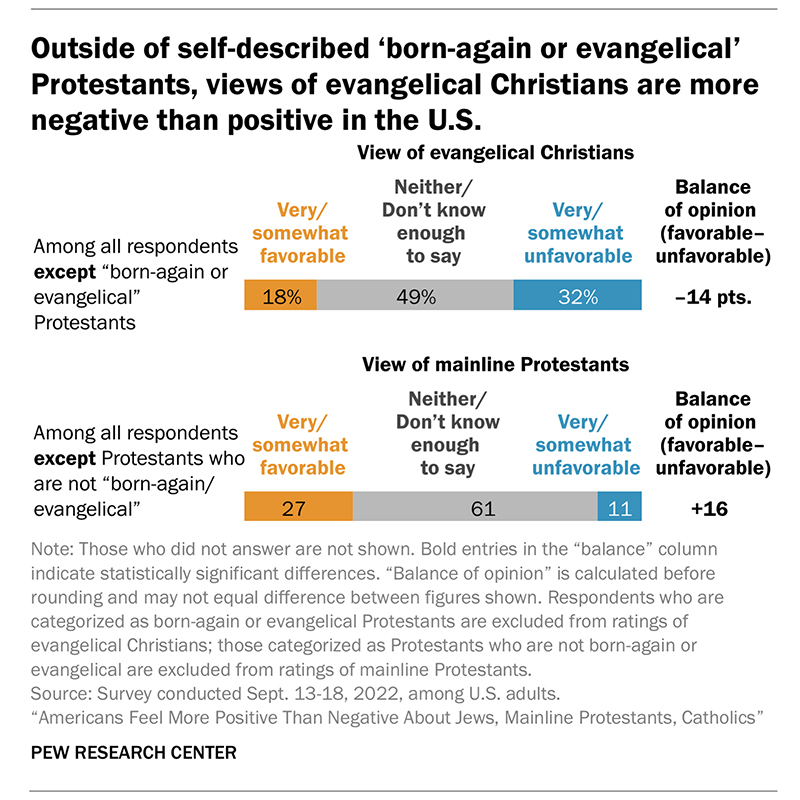(RNS) — Ask any rabbi, and they will tell you that inadvertently omitting someone from a list of people who have died is a bad faux pas.
That is what happened at the Academy Awards “in memoriam section.” They neglected to list the Israeli actor Chaim Topol, who died this past week at the age of 87 and who was best known for playing Tevye in the film adaptation of “Fiddler on the Roof,” for which he had received Academy Award nominations.
(Topol was not alone on the list of those who did not make the post-mortem red carpet walk. Paul Sorvino was also omitted, much to the anger of his daughter, actress Mira Sorvino, as was Anne Heche.)
Which got me thinking about “Fiddler on the Roof.” (Check out this important book about “Fiddler,” as well as this documentary movie).
There is no question about it: “Fiddler” is perhaps the most famous piece of American Jewish culture. The show is so popular that since the day the show opened — Sept. 22, 1964 — it has been performed every day, somewhere in the world.
I have been replaying “Fiddler” in my mind. I have also been thinking about something quirky: the changes that were made in the show during production.
Those changes reflect how American Jews struggled with, and adapted, their Judaism.
Walk with me through several musical numbers that were left out of the final show, or changed ever so slightly, and you will see what I mean.
The opening song was to have been about the preparation for Shabbat: “Who can relax when there’s so much to be done / Keeping one eye on the soup and the other on the sun?”
But, in 1964, American Jews were not yet comfortable talking about “Shabbat” or “Shabbos”; it was the “Sabbath.” American Judaism was about assimilation. Let’s not highlight our differences.
Instead, let’s just sing about “tradition,” and the challenges and changes to those traditions.
As lyricist Sheldon Harnick explained:
What is this show about? It’s about this changing of the way of life, of a people, in these Eastern European communities, these little towns, these shtetls, and (director Jerome) Robbins got very excited by that. He said if that’s the case, then you have to write a number about traditions, because we’re going to see those traditions change. Every scene or every other scene will be about whether a tradition changes or whether a tradition remains the same. …
That is what happened. The new opening number became “Tradition.” It is a great song, with Eastern European Jewish scales. It is probably the most universal song in the entire canon of Broadway music, with numerous covers.
But, when it comes to a specific, religious tradition, American Jews — and American Judaism, and perhaps even the world — were robbed.
We could have had a song about observing Shabbat. We got one, of course — the beautiful, haunting “Sabbath Prayer,” which we sang at Jewish summer camp and which is still, in my opinion, the most beautiful song in the show.
But we could have had a song about what really makes Shabbat different and, therefore, holy — a word that many American Jews were reticent to use back then, and are still somewhat tongue-tied about.
They changed the lyrics of “If I Were a Rich Man” (here is Topol‘s iconic version).
Tevye’s soliloquy about his fantasies of wealth originate in the original Sholem Aleichem version, in Yiddish — Ven ikh bin Rothschild.
Tevye imagines he is the quintessential wealthy Jew — Rothschild.
If I were Rothschild, guess what I would do. First of all, I would pass a law that a wife must always have a three-ruble piece on her so that she wouldn’t have to start nagging me when the good Thursday comes and there is nothing in the house for the Sabbath. In the second place I would take my Sabbath gabardine out of pawn — or, better still, my wife’s squirrel-skin coat. Let her stop whining that she’s cold. Then I would buy the whole house outright, from foundation to chimney, all three rooms, with the alcove and the pantry, the cellar and the attic. …
In the Broadway and film version of “If I Were a Rich Man,” the benefits of Tevye’s wealth are clear. He builds a huge mansion — with a third staircase “just for show.” He lavishes his wife, Golde, with luxuries. He imagines a great seat in synagogue. He “wouldn’t have to work hard;” he would have the time to study the holy books. In a sardonic moment, he imagines that when he is wealthy, people would come to him for advice: “When you’re rich, they think you really know.”
In other words, Tevye’s wealth (with certain exceptions, i.e., the piety) turned him into an upper-middle class American Jew.
But, it did not have to be that way. Some years ago, I heard a recording of an older Yiddish version of what would become “If I Were A Rich Man.” In that version, Tevye imagined that when he becomes rich, he would be able to give charity to the poor.
What happened to that version? Why did it wind up on the cutting room floor like Shabbat in the song that could have been the opening number?
The fate of the final song — “When Messiah Comes.”
Another song that most people have never heard — and it is a fascinating story:
Here is the song, as Herschel Bernardi sang it:
When Messiah comes he will say to us,
“I apologize that I took so long.”
“But I had a little trouble finding you, over here a few, over there a few…..
You were hard to re-unite
But, everything is going to be alright.”
Up in heaven there how I wrung my hands
when they exiled you from the Promised Land.
Into Babylon you went like cast aways,
On the first of many, many moving days
What a day …. and what a blow!
How terrible I felt you’ll never know.
Since that day many men said to us, “get thee out,”
Kings they were, gone they are,
We’re still here. …
When Messiah comes and his reign begins
Truth and justice then shall appear on Earth.
But if this reward we would be worthy of
We must keep our covenant with God above.
So be patient and devout, and
Gather up your things and get thee out!
This song was cut from the show before it made its Broadway debut. It was deemed to be too long, too slow and perhaps too ironic. When the people of Anatevka are experiencing tragedy, it dares imagine a world in which the Messiah is coming.
Years ago, I heard the song simply didn’t preview well — among Jews.
Why? It was that whole assimilation thing again. In the 1960s, American Jews were not yet comfortable talking about Shabbat (as in the “lost” opening number); tzedakah (as in the changes in “If I Were a Rich Man”) — and now, the Messiah, and/or about messianic hopes and dreams of redemption. At that time, most Jews would have thought the idea of “Messiah” to be exclusively Christian.
So, rather than a song in a major key about the hope of restoration — a song that echoed God’s call to Abraham, “Get thee out … ” — we got a song in a minor key that reinforced the sad narratives of Jewish history, about being refugees — “Anatevka.”
All these things go through my mind as I remember Topol, and as I think of “Fiddler on the Roof.”
But one last thing that haunts and inspires me — a fact about “Fiddler” that most people do not know.
Jerome Robbins made sure every single character in the show — every villager, every Russian, everyone — had a name.
I have been thinking about that, and about the tortured, complicated legacy of Jerome Robbins — a conflicted Jew, a conflicted gay man, a man who named names during the McCarthy hearings, which earned him the lasting contempt of the first Tevye, Zero Mostel.
Robbins’ insistence that every character would have a name, no matter how small a part and how seemingly irrelevant a role, bears witness to his belief in the dignity of all people.
It was a dignity that was often in short supply in the shtetl, as Jews faced their enemies.
We need a little bit more of that dignity today.













